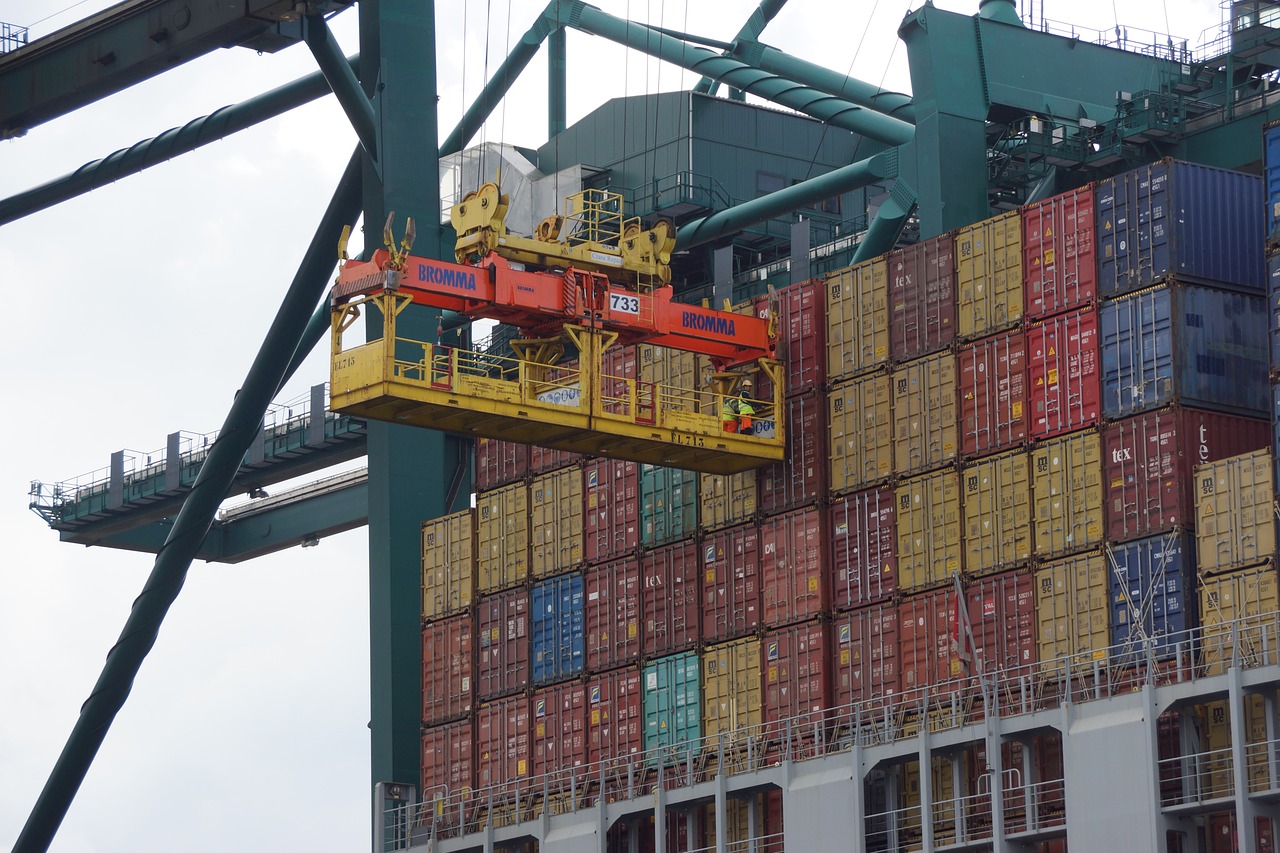The Use of Big Data in Logistics

Analyzing Data to Improve Processes and Services
In an era where data is becoming increasingly important, the use of Big Data in logistics has emerged as a crucial tool for improving processes and services. Logistics is a complex part of the supply chain that requires effective data analysis to enhance operational efficiency and respond quickly to customer demands.
Importance of Big Data in Logistics
Big Data refers to large and complex datasets that cannot be managed by traditional methods. Analyzing Big Data enables logistics businesses to better understand market trends and consumer behavior, particularly in forecasting demand, managing inventory, and planning transportation routes.

Techniques for Utilizing Big Data in Logistics
1. Demand Forecasting: Using data from historical sales and market trends helps companies accurately predict future product demand, reducing issues related to stockouts or excess inventory.
2. Route Optimization: Data from GPS and various sensors allows companies to analyze the best routes for transporting goods, considering traffic conditions, weather, and other factors that affect travel time.
3. Inventory Management: Big Data enables real-time tracking of inventory levels, allowing companies to improve restocking processes and reduce holding costs.
4. Risk Management: Analyzing data from multiple sources, such as weather forecasts, supplier performance, and historical data, helps companies identify potential risks and implement preventive measures promptly.
Benefits of Using Big Data in Logistics
1. Enhanced Operational Efficiency: Big Data helps companies identify bottlenecks in logistics processes and implement targeted improvements.
2. Cost Reduction: Data analysis allows businesses to lower operational costs, such as fuel expenses and storage costs.
3. Improved Customer Satisfaction: The ability to quickly and accurately meet customer needs fosters trust and satisfaction with services.

Conclusion
The use of Big Data in logistics not only aids in improving processes and services but also serves as a vital tool for companies to compete effectively in a highly competitive market. With appropriate techniques and strategies, logistics businesses can create efficient supply chains that effectively meet customer demands.
Reference
https://bigdataanalyticsnews.com/big-data-analytics-in-logistics-industry/
https://ardas-it.com/big-data-in-logistics-key-benefits-real-use-cases